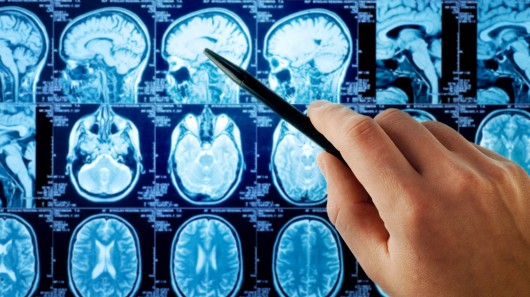
Age differences in brain activity may have been overestimated in the past because of noise in fMRI signals (Photo: Shutterstock)
When we get older, communication between neurons slows down and certain regions of the brain see reduced function. At least, that's the current understanding. But a new study by researchers at the University of Cambridge and Medical Research Council's Cognition and Brain Sciences Unit shows that the difference between older brains and younger ones may not be so great. The researchers demonstrated that functional magnetic resonance imaging (fMRI), which is commonly used to study brain activity, is susceptible to signal noise from changing vascular (blood vessel) activity.
fMRI doesn't directly measure neural activity but rather infers it through changes in regional blood flow (because blood flow increases in a brain region whenever that region is in use). Normally that isn't much of an issue, but blood circulation differs between people of different ages and the emerging method favored in accounting for the resultant signal noise by making additional measurements (such as of people holding their breath) is impractical in larger cohort studies of aging (these are comparative studies conducted over a long period that aim to establish links between risk factors and health outcomes).
Vascular function noise consequently tends to be unaccounted for when exploring the effects of aging on the brain. For this new study, the researchers were able to use resting state fMRI measurements (i.e. the data for when subjects aren't doing anything) to probe and validate CamCAN project data across 335 healthy volunteers over their lifespans.
They found that the age differences in fMRI signals during a task are correlated to vascular, not neuronal, activity. And this extends to sensory tasks. Once corrected for the vascular noise, apparent reductions in brain activity in the visual and auditory areas disappeared. The implication is that prior studies may have overestimated the effect of aging on cognition and other areas of brain activity.
The researchers propose that their method is a suitable alternative to "golden standard" calibration measures in large-scale and ongoing longitudinal studies.
A paper describing the research was published in the journal Human Brain Mapping.
Source: Biotechnology and Biological Sciences Research Council
http://www.gizmag.com/study-aging-limited-impact-brain-function/36455